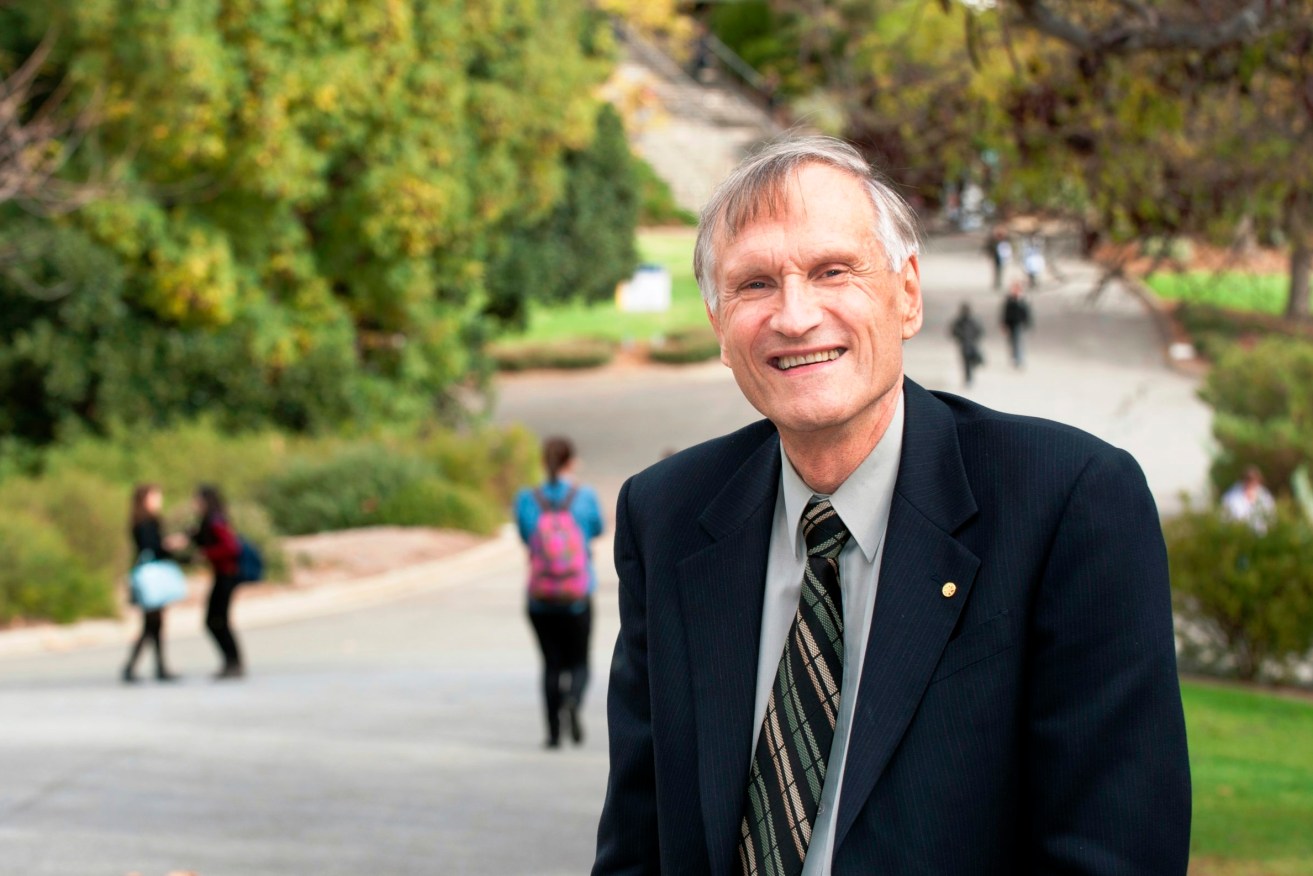
Focus on hospitals at Flinders-Nankai conference

Flinders University Vice-Chancellor, Professor Michael Barber, has opened a joint conference with China's Nankai University focusing on the topic of hospital operations management.
The analytics used to improve assembly lines may seem worlds apart from hospital beds, but the skills of engineers offer real opportunities to make clinical care flow more smoothly and reduce patient waiting times, according to Flinders University Vice-Chancellor Professor Michael Barber.
Professor Barber was speaking in Shanghai, China, at the opening of a joint conference with Nankai University on Saturday (September 13) on the topic of hospital operations management.
Flinders University has taught a Master of Hospital Administration in China in collaboration with Nankai University for almost 15 years, and more than 1000 graduates of the program work in the Chinese health system.
Speaking on the theme of operations research (OR), Professor Barber said it was increasingly clear that approaching health care as a complex system can bring not only remarkable improvements in efficiency, but can improve the quality of treatment and outcomes for patients.
Professor Barber, who has a background in applied mathematics, cited studies in the US that found as much as 30 to 40 cents in the health care dollar went to costs associated with “overuse, underuse, misuse, duplication, systems failures, unnecessary repetition, poor communication and inefficiency”.
“I suspect that the same can be said of the Australian and Chinese health systems, although hopefully not to the same extent,” Professor Barber said.
While acknowledging that a major change in culture would be required, Professor Barber said there was much to be gained from establishing a discourse between health clinicians and engineers or operations research professionals.
Although some people may find the terminology jarring, he said that in some fundamental respects hospitals are indeed production lines.
“If they were designed, perhaps to minimise patient waiting time while increasing safety and decreasing adverse events, everybody, but particularly patients, will benefit,” Professor Barber said.
Professor Barber said that there were inherent dangers in taking a piecemeal approach that focused only on subsystems or individual processes.
“It is equally important to see how these subsystems and processes interact and connect to the wider system as a whole, and again OR and systems engineering can help in this regard,” he said.
The joint one-day conference program in Nankai featured a number of Chinese experts, as well as speakers from Australian universities that included Monash, the University of New South Wales and Flinders.
“The conference, which addresses issues of major importance to our two nations, is another example of the strong collaboration that exists between Flinders and Nankai universities,” Professor Barber said.




